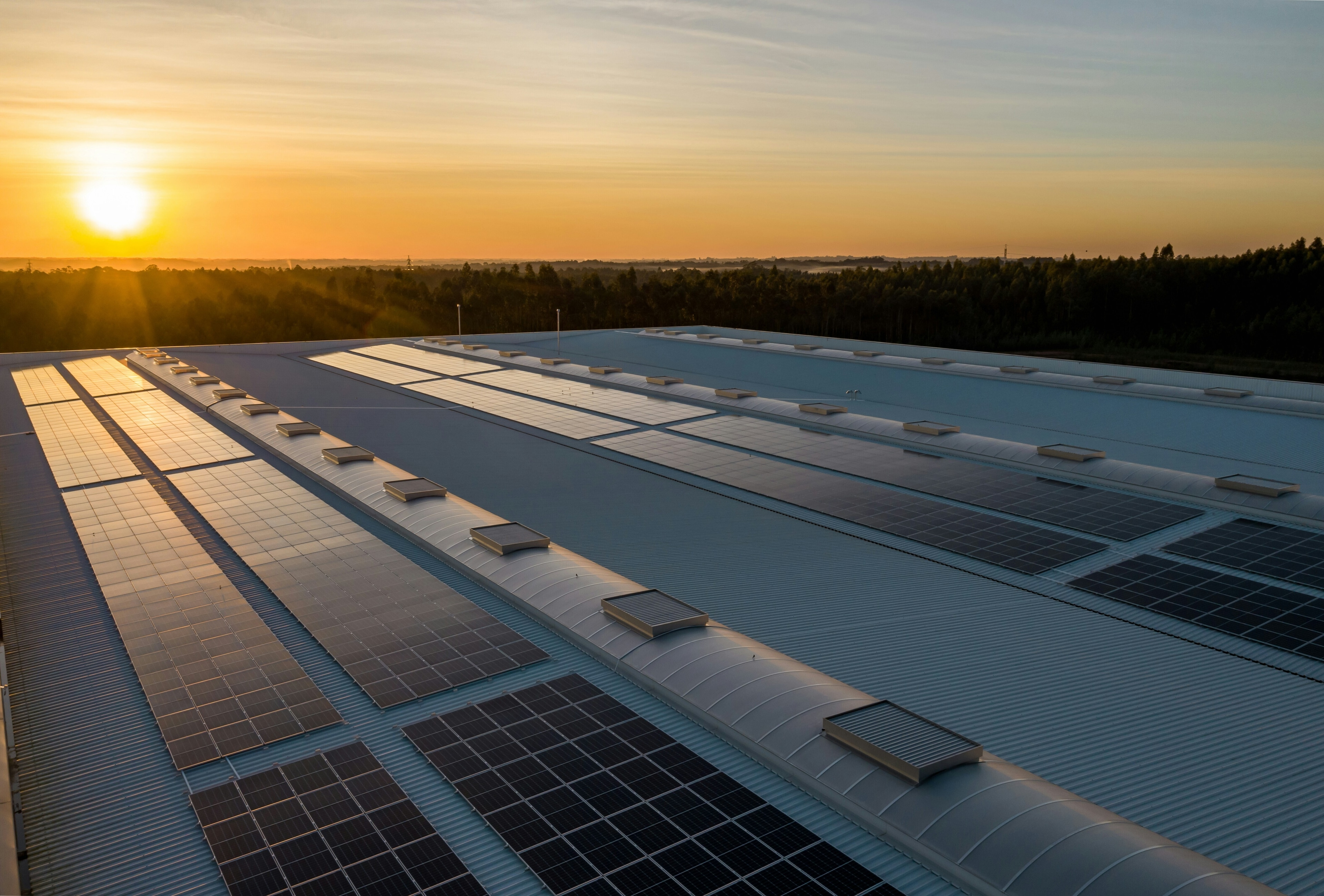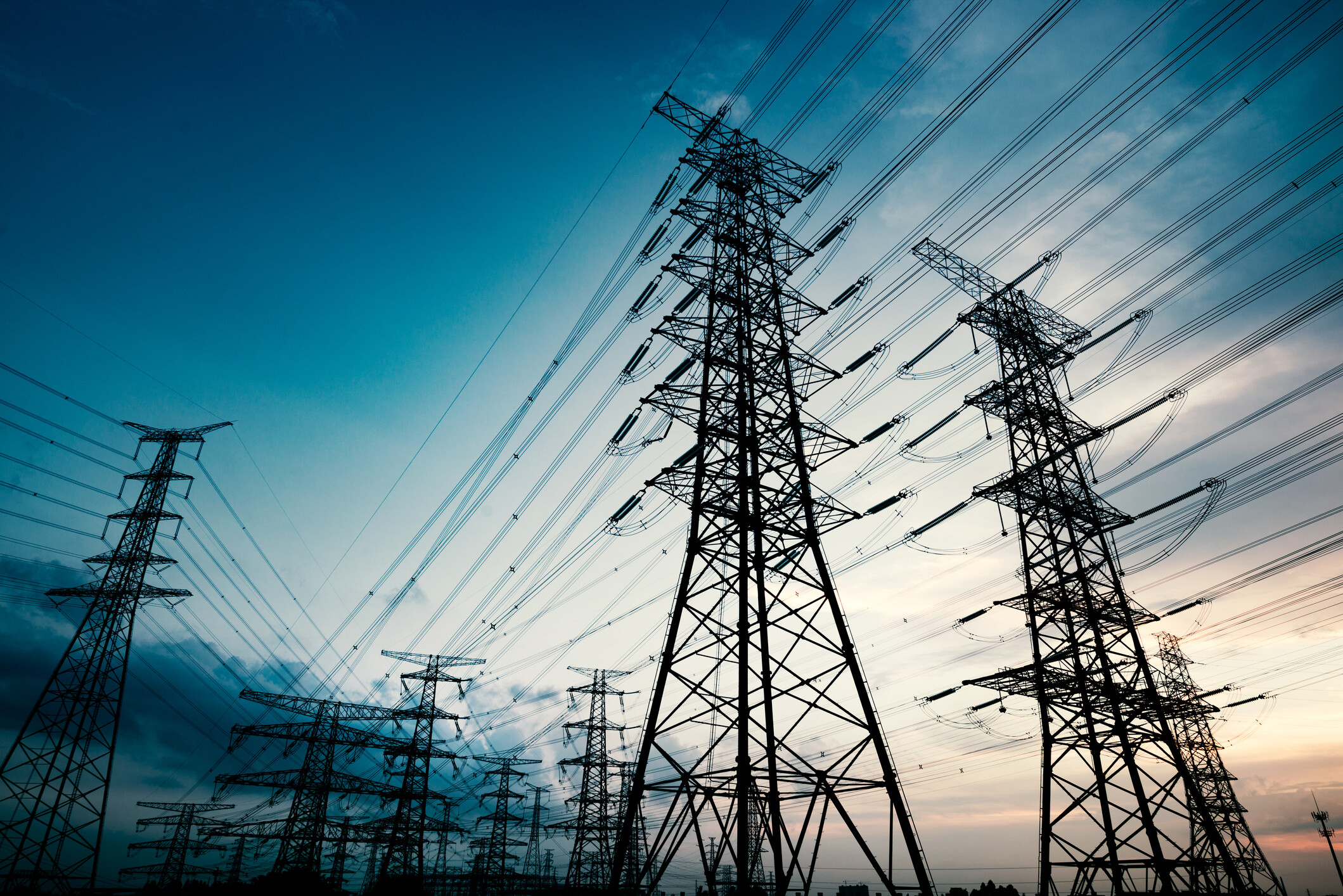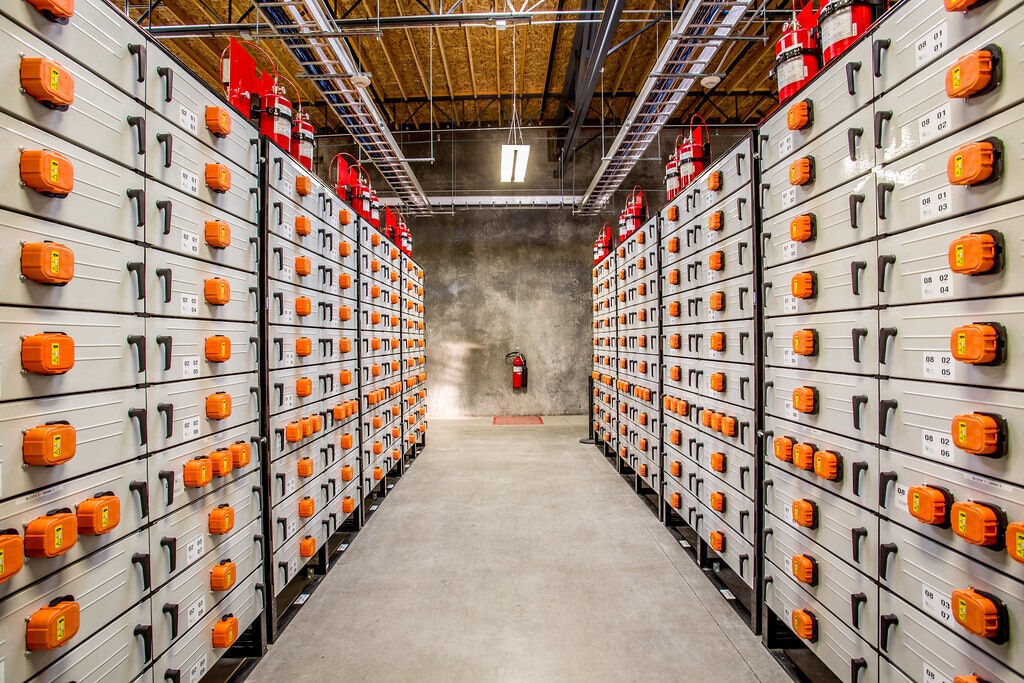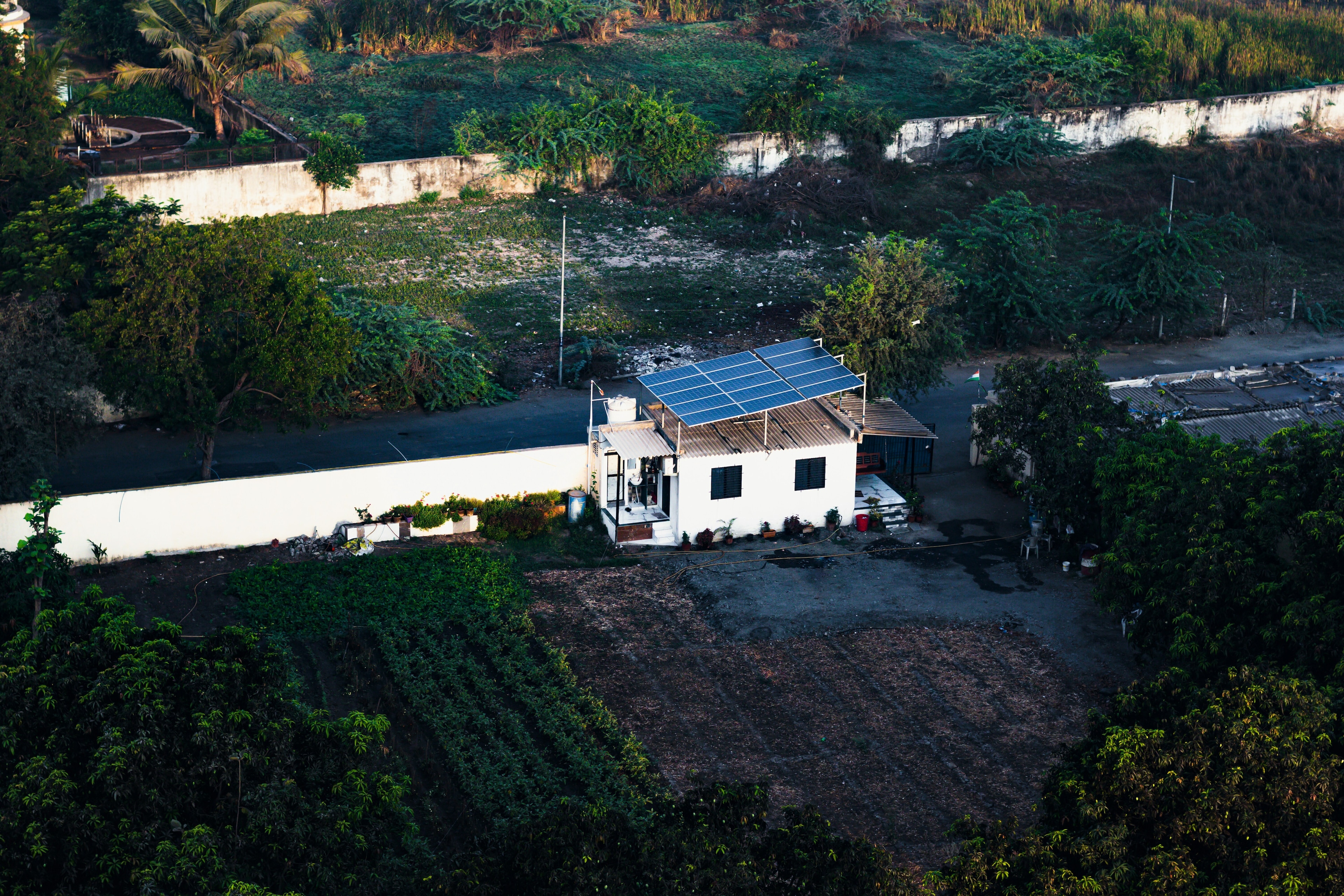How to scale up and accelerate the supply of zero-emissions trucks

The First Movers Coalition is facilitating a zero-emission future for trucks. Image: Freepik.
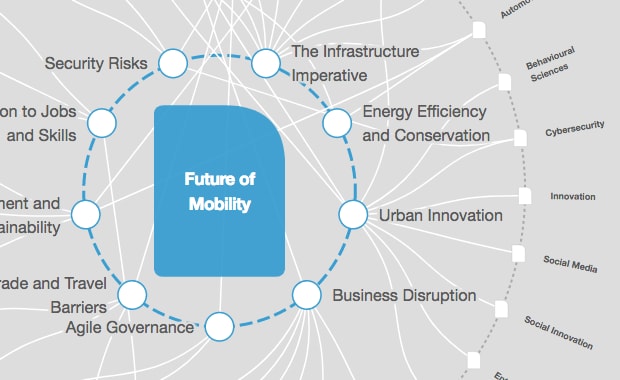
Explore and monitor how Mobility is affecting economies, industries and global issues

Get involved with our crowdsourced digital platform to deliver impact at scale
Stay up to date:
Mobility
- Trucking is responsible for about 1.8 gigatonnes of CO2 emissions per year, with demand expected to more than double by 2050.
- Over 300 models of electric and hydrogen trucks are already available, contributing to the decarbonization of transportation in alignment with the Paris Agreement's 1.5°C trajectory.
- Members of the First Movers Coalition trucking community are working to scale production and accelerate the deployment of zero-emission medium and heavy-duty trucks through aggregating demand and sending a signal of readiness to suppliers.
Reports from the IPCC have shared data revealing an unprecedented and rapid move towards climate degradation, and there is an urgent need for industry to cut down on their emissions. Today, medium and heavy-duty trucking are responsible for approximatively 1.8 gigatonnes of CO2 emissions per year, and trucking demand is projected to more than double and increase from 12 trillion tonne-kilometres (tkm) to 26 trillion tkm by 2050. So, what are the routes to decarbonize trucking and ensure activities from this sector do not hinder us from staying within the Paris Agreement’s 1.5°C trajectory?
Today, there are over 300 models of battery-electric and fuel cell electric trucks available, with many more expected to enter the market in the coming years. This expansion holds the clear potential to replace their pollutant counterparts that rely on burning fossil fuels. However, despite the positive momentum in technology development, the current deployment trajectory for such vehicles is not deemed sufficient to constrain global warming to 1.5°C. For example, in the EU, only 0.6% of trucks sold today are electric vehicles, versus an astounding 96.6% of newly registered trucks being diesel powered.
What's the World Economic Forum doing about the transition to clean energy?
The First Movers Coalition (FMC) is working to aggregate demand of leading industry players across seven hard-to-abate sectors – trucking included – to draw supply of zero-emission fuels and technologies forward, making them commercially viable across markets globally. FMC trucking members have signed a commitment to ensure 100% of their medium-duty and 30% of their heavy-duty new truck purchases or contracts will be zero-emission by 2030. If the current 15 members fulfil this trucking commitment, they are expected to cut ~0.6 million tonnes of cumulative well-to-wheel CO2 emissions per year by 2030. Moreover, these commitments and actions will help to scale and commercialize the technologies that will be essential to decarbonizing the trucking sector as a whole. Here’s what some are doing to make this a reality.
Deploying zero-emission truck technologies and associated infrastructure
FMC trucking members are driving progress through procurement commitments and partnerships to scale up the supply of zero-emission trucks. Volvo, a founding member of the FMC, has struck a deal with Holcim for the largest commercial order of heavy-duty battery electric trucks. Between now and 2030, Holcim, the world’s largest building solutions provider, will put to work 1,000 of Volvo’s zero-emission trucks across their operations, to replace 1,000 diesel trucks of the same mark. An order of this scale has the potential of saving close to 50,000 tons of CO2 annually. Likewise, Volvo is working with Heidelberg Materials to decarbonize construction with a mix of electric trucks and construction solutions and productivity services. By 2030, Volvo aims to have 50% of its truck sales electric; scaling supply to this level can only be achieved if demand continues to rise.
Martin Lundstedt, Chief Executive Officer and President for Volvo Group, said: “To support the competitiveness of these low-carbon technologies, we have devised a new way of working within purchasing – with experts exploring fossil-free materials in our products and others who are dedicated solely to remanufacturing and repurposing activities, so that we continue to lead the way in decarbonizing transport.”
Procurement of zero-emission trucks is not a stand-alone solution. This needs to be supported by investment in enabling infrastructure. Within the industry, there has so far been a chicken and egg dilemma with questions on what needs to be scaled first – zero-emission trucks or their charging infrastructure? To tackle this, PepsiCo Beverages North America has invested in both. With a fleet of Tesla Semis currently being run in Sacramento for a mix of delivery and long-haul travel reaching up to 520 miles per trip, PepsiCo has also installed four 750kW Tesla charges at their Sacramento facility to support operations.
“As we electrify our fleet to reduce our emissions, we’ve captured insights around infrastructure, charging, training and partnerships,” said Todd Squarek, Senior Vice President and Chief Sustainability Officer for PepsiCo Beverages North America. “The journey to net-zero emissions extends beyond the vehicles we drive and far beyond our own operations. The only way to drive change at scale is to push for information sharing that can enable the necessary sustainable shifts across the entire supply chain.”
Decarbonizing mining through partnerships
The global mining industry runs around 28,000 large mine hauling trucks and some companies are exploring avenues to decarbonize their day-to-day activities, including through uptake of zero-emission trucks.
Building on their partnership with Scania to develop autonomous haul trucks, Rio Tinto is starting to electrify their fleet and decarbonize operations in Pilbara, Australia. The metals and mining company recently ordered their first Scania battery electric truck now operating in Paraburdoo. Furthermore, the company is looking to generate renewable and solar wind power to support electrification of their fleet in Pilbara where they operate one of the world’s largest microgrids. With their first phase of fleet decarbonization paired with renewable power generation, Rio Tinto will emit about 1 million tonnes less CO2 using 1GW of renewables – a year’s worth of emissions from 200,000 cars.
After discovering more than 70 billion tonnes of mineralized igneous phosphate rock in South-West of Norway, a key component among others for electric vehicle batteries, Norge Mining launched partnerships with leading technical advisors and downstream players to supply European and global value chains with safe and stable access to sustainably sourced and processed critical raw materials. One of the most notable partnerships is with ABB, a technology leader in electrification and automation. The partnership will enable Norge Mining to design a next-generation mine to help fulfil its goals to have carbon-neutral, fossil free, and fully electrified operations by 2028. As part of the partnership with Norge Mining, ABB will conduct a Front-End Engineering and Design (FEED) study with the goal of developing a fully electrified, digitized and automated mine of the future.
“With Norge Mining’s portfolio of significant, critical and strategic raw materials,” says Michael Wurmser, Founder, Norge Mining Ltd., such a partnership can make a “substantial impact for supplying the European battery manufacturing industry with sustainably sourced critical raw materials, thus promoting green and digital transition.”
Looking ahead to a zero-emission future for trucking
To scale efforts further, industry leaders must continue leveraging their aggregated demand to send a strong signal to suppliers, indicating their readiness to take up zero-emission trucks. To complement demonstration of purchasing power, the FMC is also undertaking efforts to surface supply of medium and heavy zero-emission vehicles and services through dedicated workshops and the establishment of a supplier database, to be launched in January 2024 at the World Economic Forum’s Annual Meeting. The database will complement existing tools to highlight trucking service providers aligned with the sector commitment.
Furthermore, working to ensure the right infrastructure is in place to support their zero-emission operations will be key in moving the needle. The FMC provides support through collaboration with initiatives like Road Freight Zero and Smart Freight Centre’s Fleet Electrification Coalition, both working to tackle challenges relating to charging infrastructure for zero-emission trucks.
The following authors also contributed to this article: Martin Lundstedt, Chief Executive Officer and President for Volvo Group; Todd Squarek, Senior Vice President, Chief Sustainability Officer for PepsiCo Beverages North America; Michael Wurmser, Founder, Norge Mining Ltd.
Don't miss any update on this topic
Create a free account and access your personalized content collection with our latest publications and analyses.
License and Republishing
World Economic Forum articles may be republished in accordance with the Creative Commons Attribution-NonCommercial-NoDerivatives 4.0 International Public License, and in accordance with our Terms of Use.
The views expressed in this article are those of the author alone and not the World Economic Forum.
Related topics:
The Agenda Weekly
A weekly update of the most important issues driving the global agenda
You can unsubscribe at any time using the link in our emails. For more details, review our privacy policy.
More on Energy TransitionSee all
Rishabh Mishra
May 14, 2024
Vee Li and Zhang Xun
May 13, 2024
Jesse Saldivar, Alaina Ladner, Marc Starkey and Brittany Syz
May 13, 2024
Fahad Al-Dhubaib
May 10, 2024
Prasad Thakur and Labanya Prakash Jena
May 10, 2024
Jennifer Rosen
May 10, 2024


